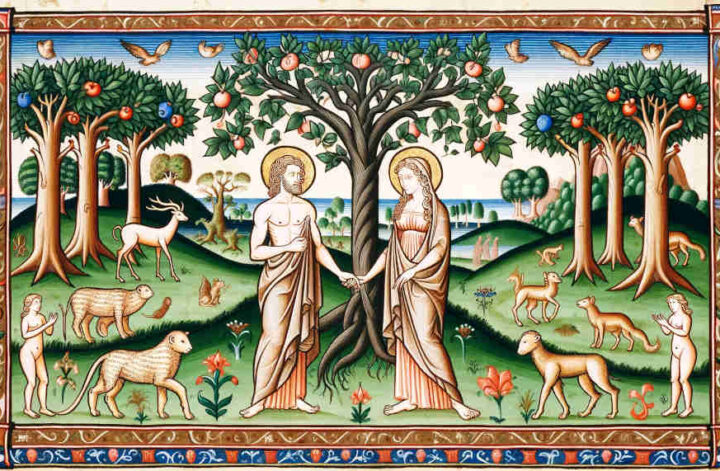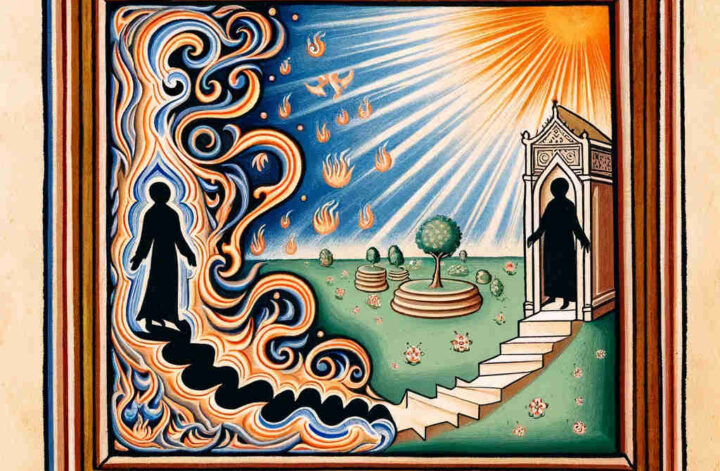From: David Schneider
To: Rabbi Joshua
Subject: Jewish Perspective on the Serpent in Genesis
Dear Rabbi Joshua,
I’m intrigued by the Jewish interpretation of the story of the serpent in Genesis 3:14-15, where God curses the serpent for deceiving Eve. In Christian theology, this is often seen as a prophecy about Christ. I’m curious to know how these verses are understood within Jewish theology and whether the serpent holds any special significance.
Thank you for your insight,
David
Jewish Understanding of the Serpent’s Role in Genesis
Dear David,
Your question delves into one of the most enigmatic figures in the Torah – the serpent in the Garden of Eden. In Jewish thought, the interpretation of this narrative, particularly Genesis 3:14-15, differs significantly from Christian theology.
Interpreting the Curse on the Serpent
In Judaism, the serpent is generally understood as a literal creature within the narrative, albeit one that symbolizes cunning and deceit. The curse pronounced by God in Genesis 3:14-15 – the serpent’s degradation to crawling on its belly and the enmity set between it and humanity – is interpreted more as a direct consequence of its actions rather than a prophetic allegory.
The emphasis in Jewish interpretation is on the immediate narrative and the ethical and moral lessons it imparts, rather than on viewing it as a prophecy about future messianic events. The serpent’s punishment is seen as a reflection of the moral order within the creation story, where actions have direct consequences.
Jewish Perspective on the “He Will Crush Your Head” Phrase
The phrase “he will crush your head, and you will strike his heel” is typically understood in Jewish exegesis as symbolizing the ongoing struggle between humans and the forces of temptation and evil, represented by the serpent. It reflects the human condition, where moral and ethical challenges are a constant aspect of life.
This struggle is not seen as a precursor to a specific messianic event but rather as a perpetual aspect of human existence. The idea is that while temptation (the serpent) can cause harm (strike the heel), humans have the capacity to overcome these challenges (crush the head).
The Serpent’s Role in Jewish Thought
In Jewish theology, the serpent is not typically given a broader cosmological significance beyond its role in the Eden narrative. It is not equated with Satan or seen as a personification of evil in the same way as in some Christian interpretations. Instead, the focus is on the ethical and moral implications of the story for human behavior and the consequences of straying from God’s commandments.
Conclusion
In summary, in Jewish thought, the story of the serpent in Genesis is interpreted as a fundamental part of the narrative of human moral development, emphasizing the consequences of actions and the perpetual struggle against temptation and wrongdoing. It serves as a powerful allegory for the challenges that all humans face in their moral and spiritual lives.
May your exploration of these texts deepen your understanding and connection to these timeless teachings.
Shalom,
Rabbi Joshua



